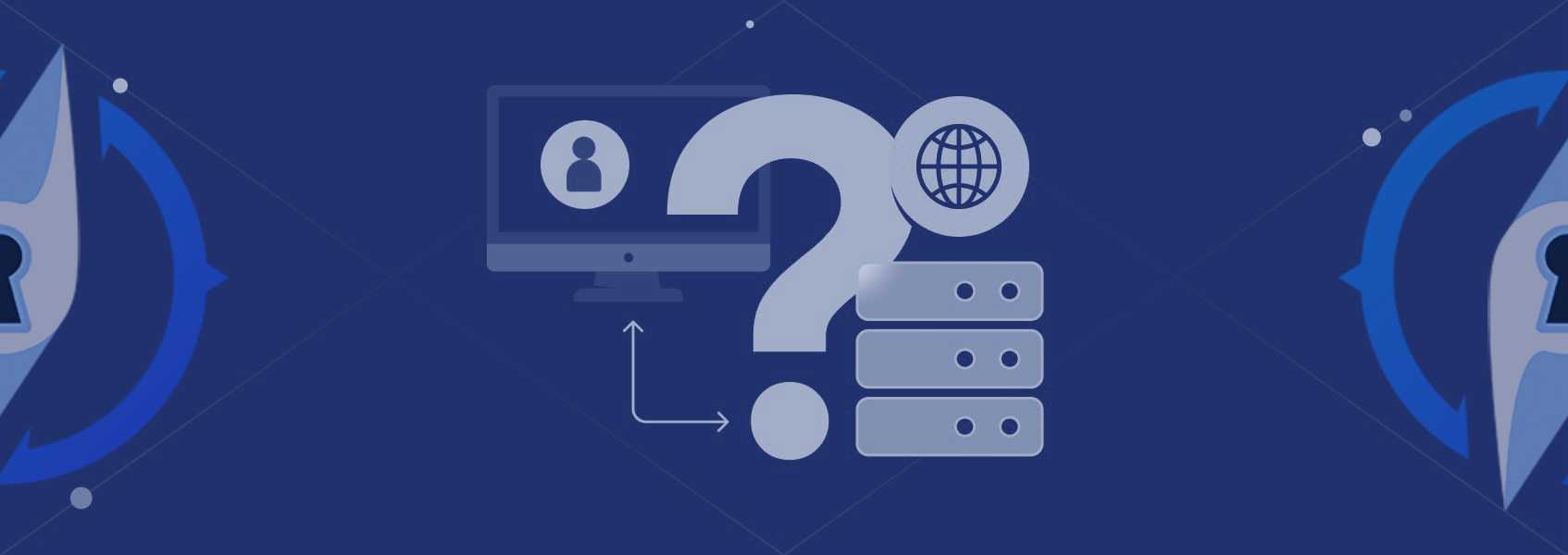
While web browsing is a common activity, it seldom ensures privacy. Given the pervasive tracking mechanisms employed by websites and applications, individuals and businesses are turning towards proxy servers to safeguard their privacy.
One can consider residential proxies as the foremost line of defense in maintaining online anonymity. However, proxy servers do more than just conceal your online identity; they offer an array of benefits that enable you to explore the internet without inhibitions.
To unlock their full potential, you need to understand what proxy servers are and how they work. This knowledge will guide you in selecting the most suitable proxies for your requirements.
Let's begin our exploration.
An Insight into Proxy Servers
A proxy server, characterized by a unique IP address linked to a specific physical location, serves as an intermediary between your device and the internet. Using a proxy server means that your original IP address, location, and other potentially identifiable data are kept confidential. Essentially, you are leasing another device or IP address to interact with a website or carry out online operations.
Proxy servers offer anonymity while browsing, a feature beneficial to almost everyone. They play a crucial role in assisting individuals and businesses to execute online activities securely and effectively. This is particularly relevant when using private or dedicated proxies sourced from reputable providers.
While often compared to VPNs for their shared goal of online identity protection, proxies function differently. If you're wondering about the distinctions, we'll delve into that later.
Now, let's examine how proxies operate.
How Proxy Servers Function: A Detailed Explanation
Every internet-enabled device possesses a unique IP address, serving as an online postal address. IP addresses help the internet direct the correct data to your device, enabling you to access the desired content while also identifying users and devices on the network.
A proxy server, another internet-connected device with its own IP address, acts as an intermediary between your device and the internet. Instead of connecting directly to websites or online services, your requests pass through the proxy server. This oblique connection masks your IP address, location, and other identifiable information from unauthorized viewing.
Thus, the websites you access see your proxy's IP address and location instead of yours, keeping your actual location and data private. This method ensures online anonymity and privacy, particularly when using private proxies dedicated to a single user.
Proxies essentially bridge the gap between your device and the intended website or app, thereby bolstering your online privacy and security.
Categorizing Proxies: Direction-Based Traffic Flow
Proxies can be classified based on various parameters such as traffic flow, application, anonymity level, service, etc. This article focuses on proxies categorized by the direction of traffic flow: forward or reverse.
Forward Proxies
Forward proxies are often what come to mind when discussing proxy servers. They act as intermediaries between a client and the internet. The client's request for a resource is initially sent to the forward proxy server, which then retrieves the resource for the client.
Origin-specific forward proxies are categorized into residential and datacenter proxies.
-
Residential proxies originate from real residential devices used by authentic users, with their IP addresses registered with legitimate internet service providers (ISPs). As a result, they offer the highest IP trust scores and are considered the safest proxies.
-
Datacenter proxies are sourced from cloud services and data centers. These proxies, unlinked to real users and ISPs, offer lower IP trust scores. However, they offer faster, more affordable options and are suitable for high-speed tasks.
Reverse Proxies
Reverse proxies, similar in function to forward proxies, provide online anonymity and privacy. However, they differ in their positioning, sitting in front of the web server rather than the client, thereby cloaking the web server's identity. They perform the opposite function of





